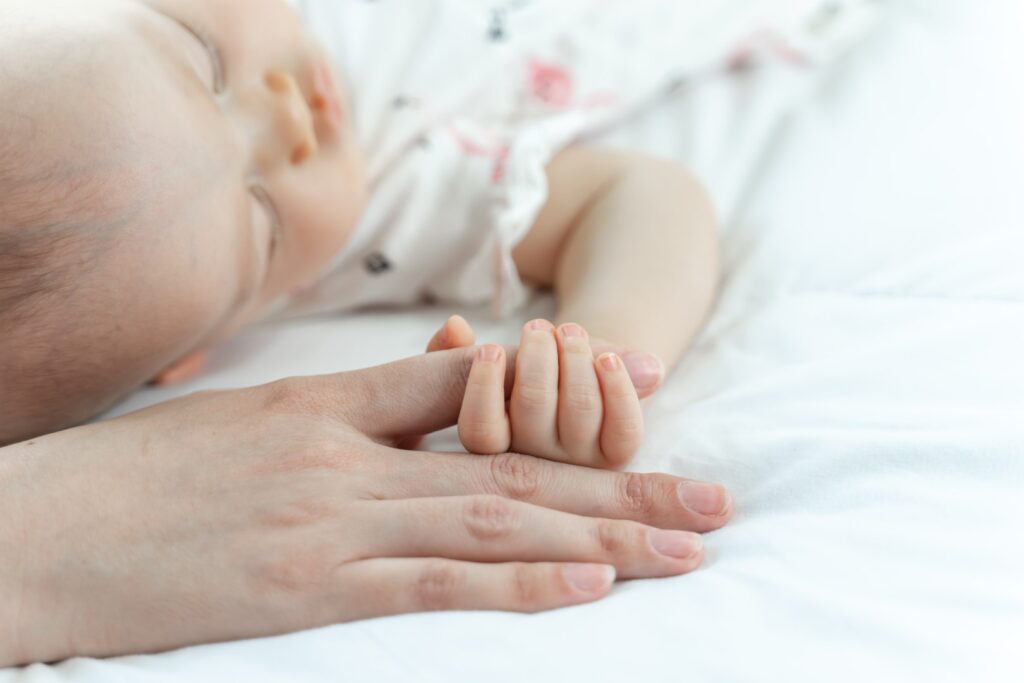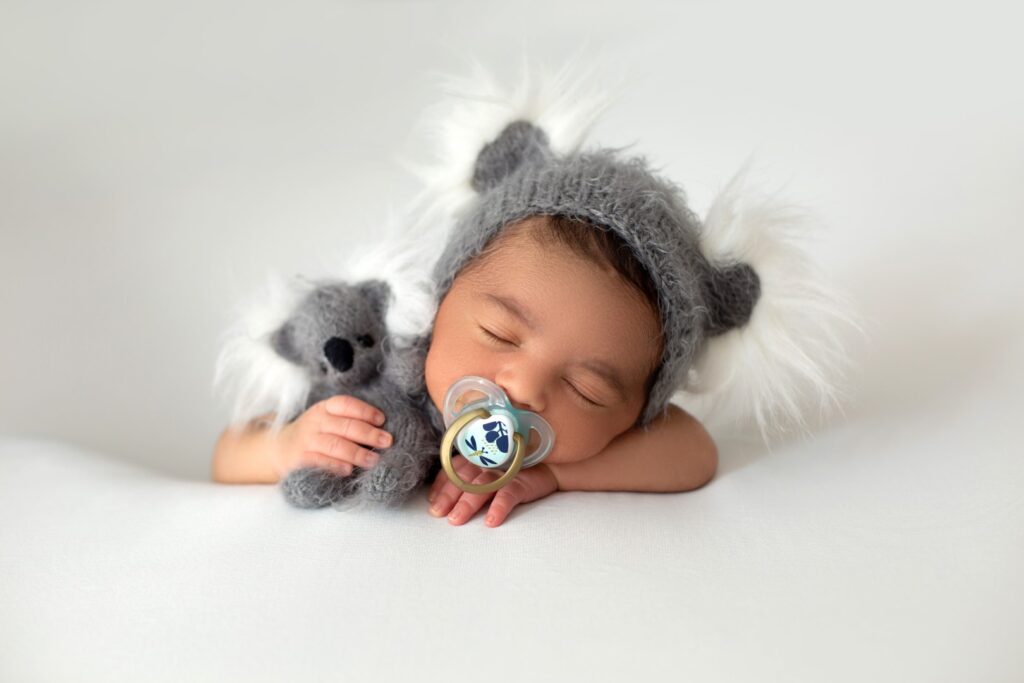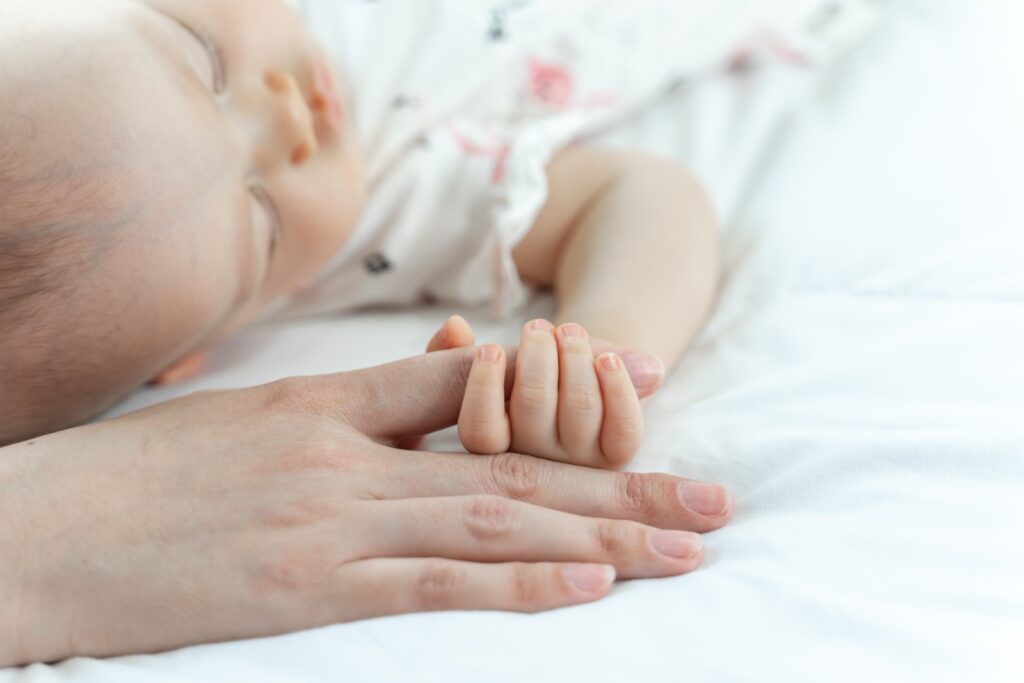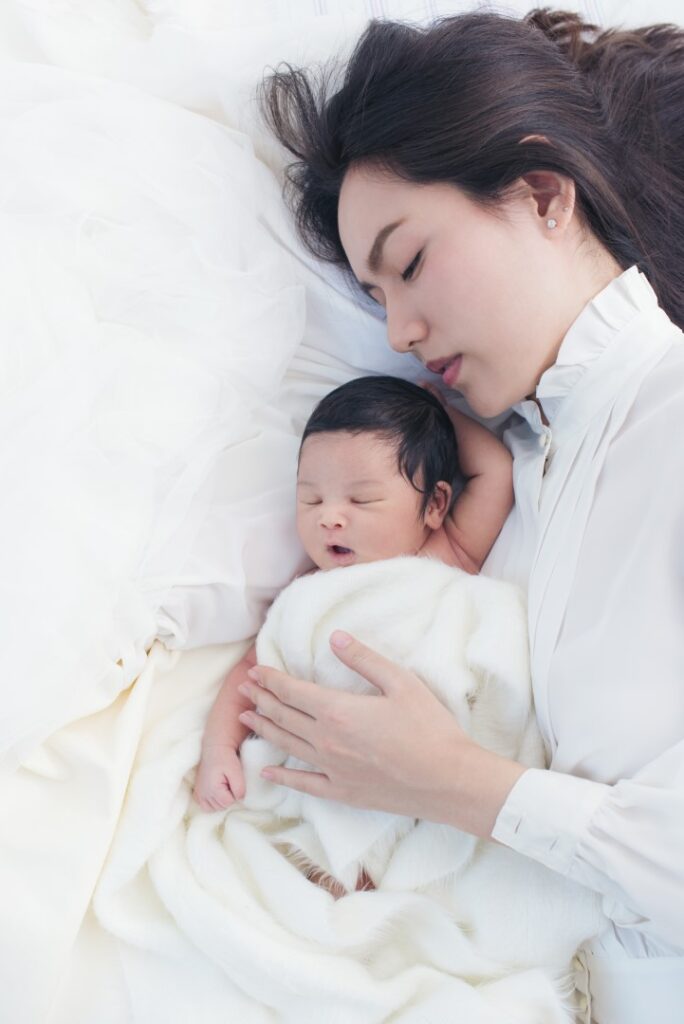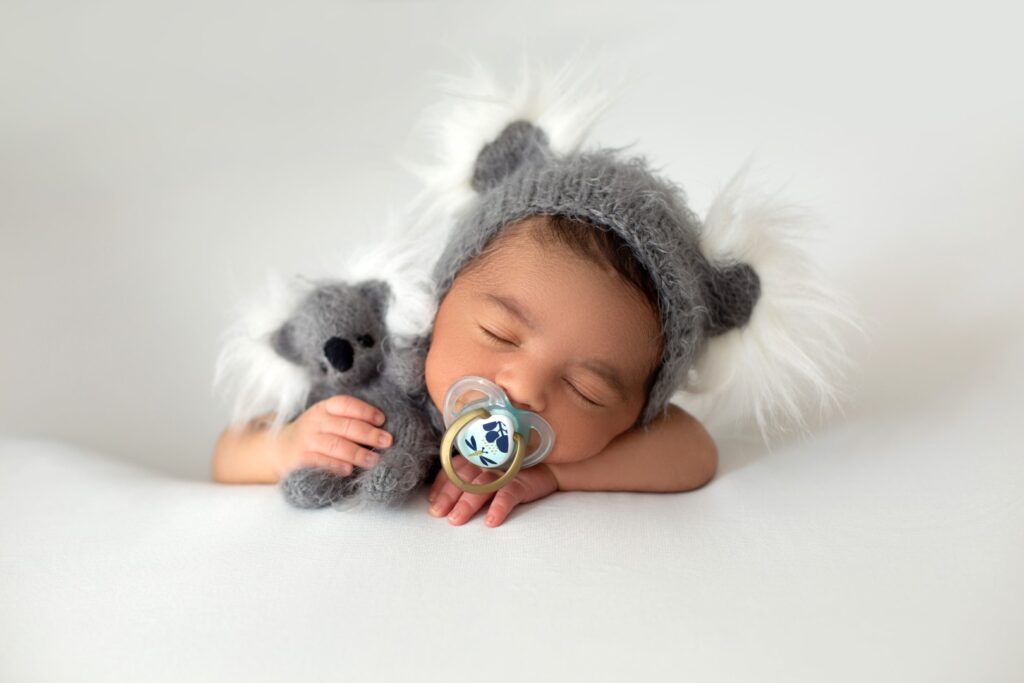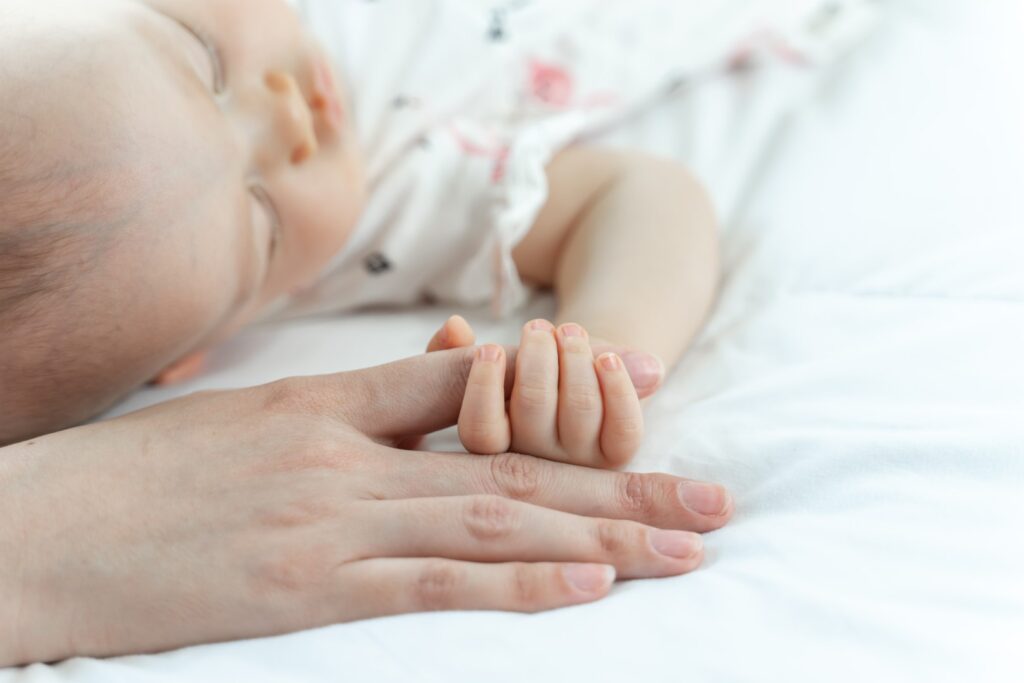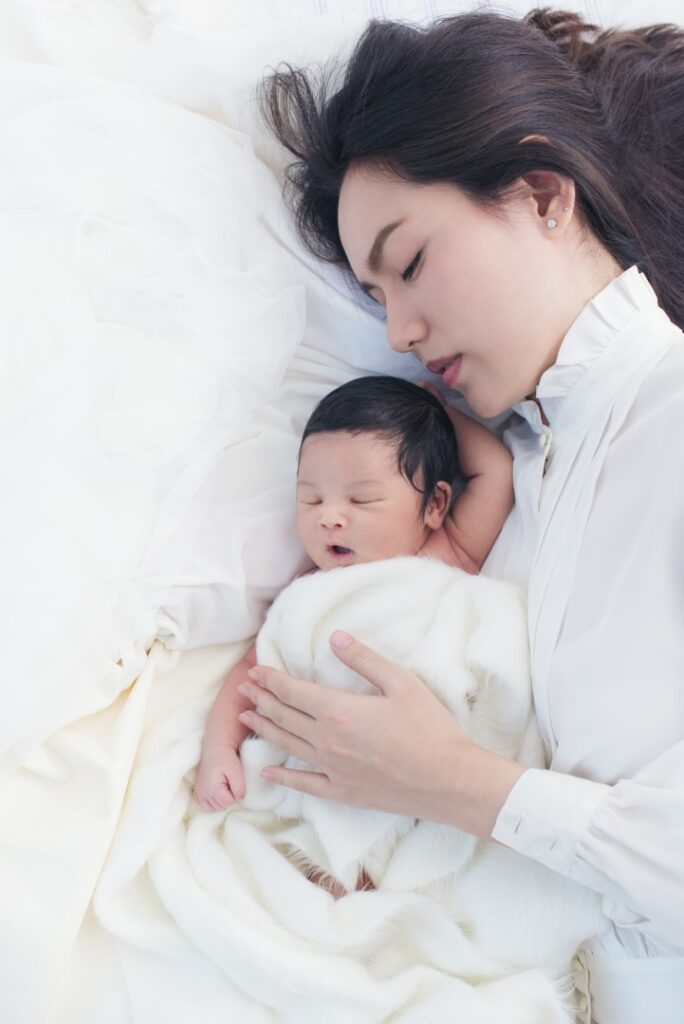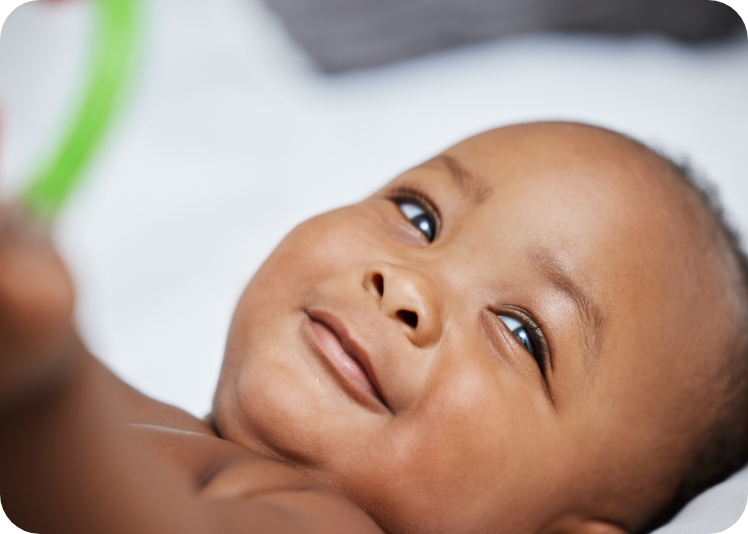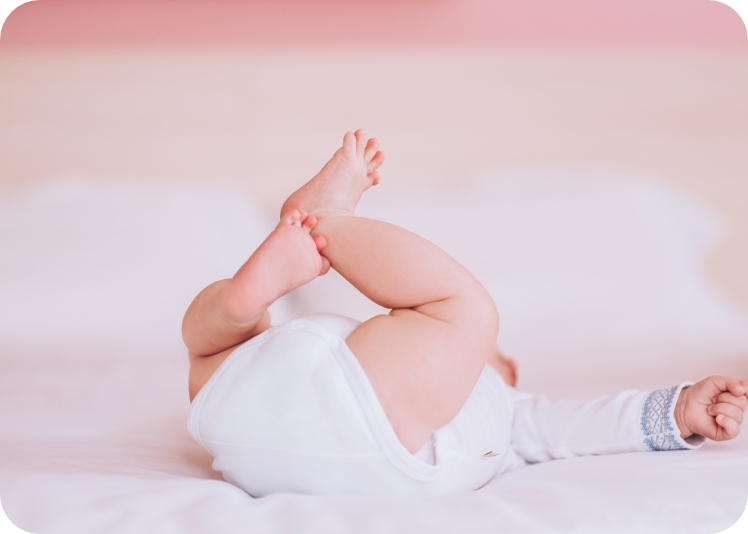- “My mother-in-law insists I start giving my baby solid-foods in 4 months itself, but Google recommends waiting till 6 months!”
- “A friend suggests giving honey daily to my little one! Should I or should I not?”
- “I hear that walkers can help babies walk faster! Is this really true?”
If you’re a new parent, these doubts must look quite familiar to you.
One of the biggest parenting challenges is to sort through all the existing misconceptions about childcare! And like most new parents, you may rely on family or friends for childcare-advice.
While some suggestions are highly beneficial, other may be plainly misguided. So, in order to navigate properly in this journey, it’s important that you always seek advice from credible sources.
Here we’ve covered 10 common myths about parenting for you, so you can provide the best possible care for your little one.
Myth 10: Let your baby soothe themselves when they cry.
Myth busted!
If you usually leave your baby alone, they might feel abandoned or distressed. This could have many negative effects. For example, your baby might become more clingy and insecure when you return. That’s why responsive caregiving is of great importance as it can promote healthy attachment. It also helps in your baby’s emotional regulation, better self-esteem and better future relationships.
Myth 9: Educational toys will accelerate your baby’s learning!
Myth busted!
There is no scientific evidence that the effects of educational toys are directly related to the baby’s brain. In fact, you are your child’s first teacher. How you play with them is more important than what your baby plays with. Also, many pediatricians say that educational videos can actually slow language development in children under the age of two!
Myth 8: Babies needs water to prevent dehydration in summers.
Myth busted!
Your baby doesn’t need water in summers, and should only be breastfed. Doctors advise not to give anything to the baby other than breastmilk until 6 months of age. Breastmilk is a complete food and caters to all the needs of the baby, including their thirst.
Myth 7: A mother shouldn’t feed her baby when she’s suffering from any acute illness like fever, cold or diarrhoea.
Myth busted!
Feeding the baby during their mother’s illness can be highly beneficial. It is not necessary to stop breastfeeding baby during mother’s illnesses like cough, cold, fever, vomiting, diarrhea etc. When the mother’s body is fighting an illness, it is producing antibodies against that illness; and these antibodies need to be given to the baby through breastmilk.
Thus, breastfeeding a baby during their mother’s illness can protect the baby from that illness. Not only that, it is also likely that if the baby is ever infected from the same illness, they will have a shorter duration of it.
Myth 6: You should regularly sanitise your baby’s hand to kill all bad germs.
Myth busted!
Antibacterial soaps and hand sanitizers may kill bad germs, but they are more likely to make pathogens or bad bacteria resistant, killing all the good bacteria, and messing up our hormonal environment.
Myth 5: If you’re a new mother, it’s not safe to bathe when you have just had a baby.
Myth busted!
Generations ago, doctors feared that water from the bath could entered the vagina and the birth canal, causing infection in the postpartum mother. But research has shown that bath water does not enter the vagina, and so it is considered safe for new mothers to soak in the tub.
Myth 4: If your baby cries for milk, it means your baby needs milk!
Myth busted!
Babies do communicate through crying. But crying can indicate a lot of things. For example, your baby may be feeling some discomfort, and needs to be held when they cry. Your baby may also cry before or after passing urine (or stool). And your baby may also cry for hunger. In fact, crying is a late cue to imply that your baby needs feeding. Hence, crying doesn’t always say that your baby is hungry!
Myth 3: Your baby should be on a strict schedule.
Myth busted!
Every baby is different and has their own unique needs and rhythms. It’s important for parents to learn to read their baby’s cues and respond accordingly, rather than adhering to a rigid schedule.
Myth 2: During each feeding session, a baby should be fed on both breasts.
Myth busted!
Babies can be fed only on one breast during feeding sessions as per the needs and convenience.
In the initial days when a baby is learning to breastfeed, the baby can be attached to both breasts sequentially. This is done by mothers to stimulate milk production as more the baby suckles on the breast, more will be the milk output.
However, once lactation is established in 7-10 days’ time, the baby can be fed on either breast as per demand. If the baby is satisfied after feeding on one breast, it’s best to not compulsorily feed the baby on the other breast. Offer the other breasts only if the baby wants it.
Myth 1: Parenting comes naturally after you have a baby!
Myth busted!
This idea that parenting is an innate ability people just magically get when they have the first baby is a big myth! While some individuals may have a natural inclination towards parenting, it is majorly a learned skill that requires patience, practice, and effort.
Also, it’s important to remember that every child is unique and requires a different approach to parenting. In modern society, parenting is much more complex than it used to be, with different cultural, social and economic pressures, making it quite challenging! That is why, it’s super important to educate yourself and seek expert help to provide your baby with the best care.
While there is no one-size-fits-all approach to parenting, staying well-informed helps a lot. We hope that this blog has empowered you with valuable childcare advice.
Have you encountered some other myths in your parenting journey? Come join our Parents’ WhatsApp group where we have regular myth-busting parties, and gain some amazing insights!



